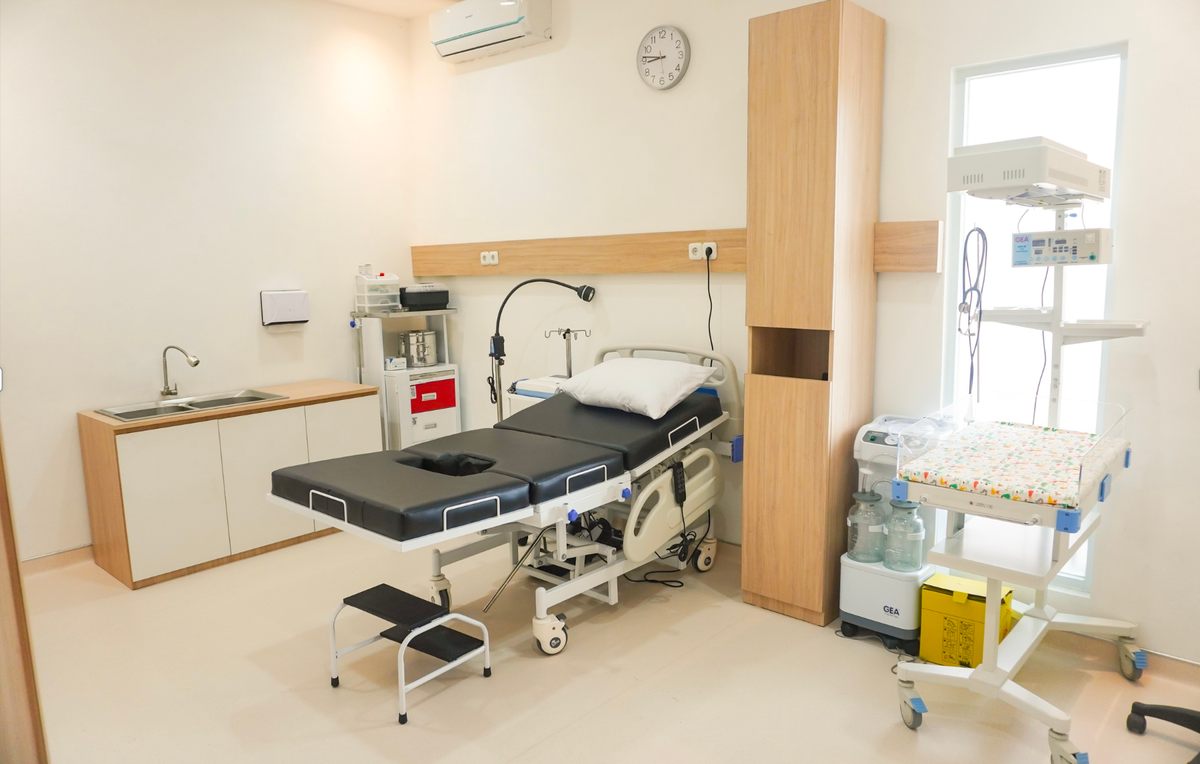Waiting Rooms & Worries: Can Indonesia Catch Up on Clinics?

One night during the deadly Delta wave, while looking at the data collected from the volunteers on how many ICU beds would run out of Oxygen, I couldn't shake the image of patients' families in those hospital waiting rooms. Just months earlier, I'd been in one of those rooms, praying my own grandmother wouldn't catch covid from other ICU patients. How many of these dying Delta patients had been infected while seeking treatment? How many others with serious illnesses were too afraid to go to the hospital at all?
At Halodoc, we were in the trenches together with the Ministry of Health to support vaccinations, teleconsultations, and the distribution and training of oxygen concentrators. Telemedicine surged, but it became clear that once specialized care was needed, our clinic infrastructure fell short. In this article I’ll explain how we can work together to increase the number of specialized clinics in Indonesia.
Indonesia's primary healthcare network relies heavily on general practice clinics (puskesmas). But tackling complex medical conditions requires the depth of expertise and resources that specialized clinics provide. These clinics focus intently on specific fields of medicine, leading to more accurate diagnoses, targeted treatment, and better outcomes for patients.
Specialty clinics can save lives by reducing cross contamination. Specialized maternal and baby care clinics, for example, prevent infection risks present in general hospitals – essential for vulnerable populations like expecting mothers, infants, and the elderly. I've also seen this firsthand: years ago, a hospital-acquired bacterial infection unrelated to his original illness landed my father in the ICU, requiring a ventilator.
Another benefit is streamlining. Clinics focusing on specific conditions mean a more efficient care process – fewer delays and a better overall patient experience [3]. Specialized clinics can also invest in advanced technologies for early diagnosis. For example, I recently met the owner of an ENT clinic in Jakarta, who said that by focusing on one clinical pathway, he was able to build a best in class surgery room that can be used by other specialists that require endoscopic surgery equipment, such as orthopedic surgeons.
The Ministry of Health issued a comprehensive report on the state of healthcare in Indonesia in 2022. A few notable statistics can be read from that paper with regards to specialist treatment.
The Urban-Rural Divide: Like many countries, Indonesia sees specialists clustered in major cities, leaving rural areas with little access, with 59% of specialist in Java. I remember living in Banda Aceh a decade ago – I faced an eleven-hour drive to Medan just for treatment of acute sinusitis!
The Ministry of Health has several initiatives to alleviate this issue. They are giving scholarships abroad for 2,200 doctors to pursue specialist training. They are also creating a program that will allow Indonesian diaspora doctors to practice in Indonesia.
So how can we help as the private sector?
First is to increase the number of specialist clinics. More than 98% of registered specialist clinics are privately owned, we can play a big role. The clinic owners I have spoken to face many challenges ranging from licensing to funding their growth. This will not only increase coverage of care, but specialist clinics can reduce the time needed for a patient to receive care compared to major hospitals.
Second, is to increase the number of patients a clinic can afford to serve. For example, the easier a clinic can accept insurance, the more patients they can serve. One aspect of Halodoc that surprised most of my friends is that we are one of the country’s largest Third Party Administrators for Insurance. This means we make it easy for clinics to process insurance through our software. The more clinics Halodoc can process insurance for, the more companies will use Halodoc’s TPA.
I've spent the past year learning from clinic owners, even backing a few smaller ones owned by friends to see their expansion challenges first hand.
So if you have a regular specialist clinic that you go to, an eye doctor, an ENT specialist, a dermatologist, or even a dental clinic. If that clinic already has more than one branch, and you as a patient would love to see them expand, please fill out the form below. I’d love to meet more specialist clinic owners to see how we can either help them expand, or connect them to Halodoc’s TPA.





